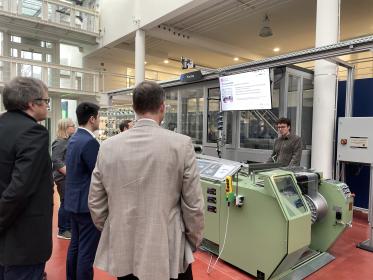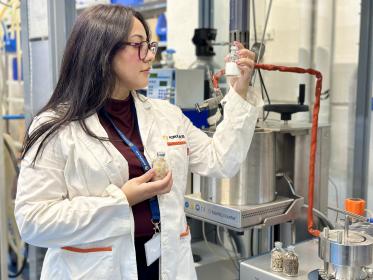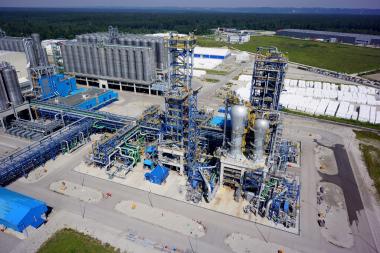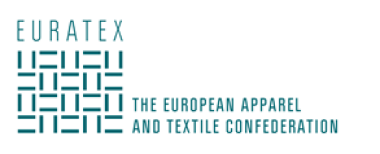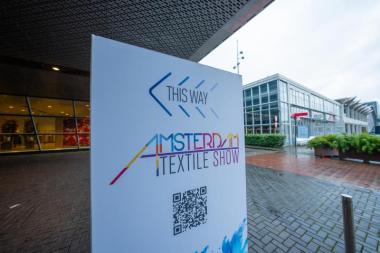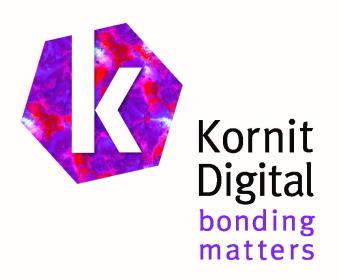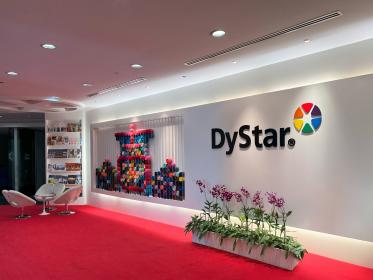Exchange data between textile companies without a central platform
The Institut für Textiltechnik (ITA) of RWTH Aachen University has launched a new demonstrator for an open and secure data space in the textile industry at the Digital Innovation Centre Europe (DICE). For the first time, the demonstrator shows directly and clearly how companies can share their data securely with each other without the need for a central platform. Data exchange is based on shared, freely usable technical foundations.
The participating companies thus share important information about materials, processes or supply chains directly. This increases transparency and helps, for example, with sustainability assessments, traceability or compliance with legal requirements. At the same time, companies retain control over their data at all times.
What is new and special is that, for the first time, the data room can be experienced in practice – not just as a concept on paper. Using real data and real processes, the demonstrator shows how secure data exchange works in the textile industry.
Companies can see directly how information flows between businesses without having to submit it to a central platform. This makes it clear that getting started with modern data rooms is easier, more secure and more cost-effective than many expect.
ITA developed and implemented the demonstrator from a technical perspective. It provides the textile production environments, supplies the technical expertise and ensures that the demonstrator works with real industrial applications.
The demonstrator is publicly accessible at DICE and can be used in workshops, guided tours or company visits. The technological components are already suitable for industrial use and serve as a starting point for companies to launch their own data room projects.
Institut für Textiltechnik der RWTH Aachen University ITA Institut für Textiltechnik of RWTH Aachen University Digital Innovation Center Europe data exchange
ITA Institut für Textiltechnik of RWTH Aachen University


